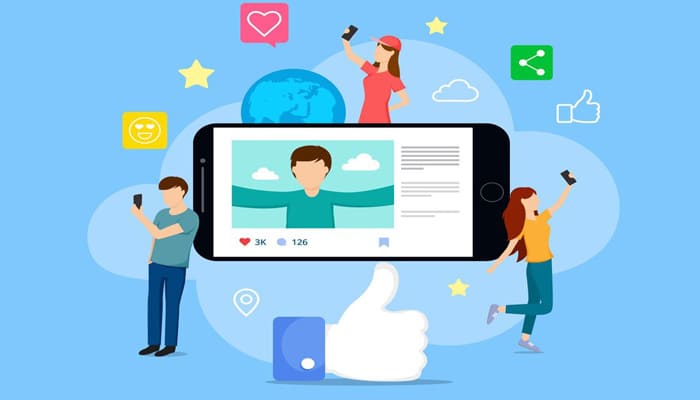Whether you’re a nonprofit organization, school, church, or youth program, your volunteers are often the heart of your mission. But when it comes to working with children, seniors, or vulnerable populations, there’s one extra step that ensures safety and trust: a Live Scan background check.
In this post, we’ll walk through how Live Scan works for volunteers, who needs it, and how organizations can streamline the process to protect both their communities and their volunteers.
Why Volunteers Need Live Scan
Many volunteer roles involve access to sensitive environments—such as schools, hospitals, youth centers, and senior facilities. In these cases, state law may require a criminal background check using fingerprinting to ensure the safety of the people being served.
Live Scan is the most efficient and secure method for these checks.
Common Volunteer Roles Requiring Live Scan:
- Youth sports coaches
- PTA and school volunteers
- Mentors or tutors
- Church and ministry workers
- Camp counselors
- Nonprofit staff serving children or the elderly
- Court-appointed advocates
- Volunteers with access to financial or personal data
California law (Penal Code §11105.3) allows nonprofits to request state-level background checks for volunteers and employees working with vulnerable populations.
What Is Live Scan?
Live Scan is a digital fingerprinting process used to run background checks through the California DOJ and/or FBI. Fingerprints are submitted electronically, and results are sent to the organization that requested the screening.
Compared to manual fingerprint cards, Live Scan is:
- Faster (results in 1–7 days)
- More accurate
- More secure
How the Process Works for Volunteers
Whether you’re a first-time volunteer or an organization onboarding dozens of people, here’s how it typically works:
- The organization provides the volunteer a Live Scan form
This form includes an ORI number (which identifies the requesting agency) and specifies which checks are required. - The volunteer schedules an appointment or walks in
At a certified Live Scan provider like [Your Business Name], the process only takes 10–15 minutes. - Fingerprints are scanned and submitted electronically
The results are sent to the DOJ and/or FBI and returned to the organization—not the volunteer. - The organization receives and reviews the results
This helps determine if the volunteer is eligible for the position based on safety and compliance standards.
How Long Does It Take?
- DOJ only: 1–3 business days
- DOJ + FBI: 3–7 business days
- May take longer if there are delays or additional review is needed
Volunteers will receive a copy of their Live Scan form and an ATI number, which they can use to check the status if needed.
Tips for Volunteer Organizations
✅ Set up your ORI number
To request background checks through the DOJ, you’ll need an ORI number. You can apply through the California DOJ’s website as a non-profit or youth-serving organization.
✅ Educate volunteers on what to bring
Volunteers will need:
- A valid photo ID
- The Request for Live Scan form
- Any fee payment, if not covered by the organization
✅ Decide who covers the cost
Some organizations pay for fingerprinting as part of onboarding. Others ask volunteers to cover the cost, which ranges from $40–$70 depending on the level of service.
✅ Work with a mobile provider for groups
If you’re onboarding multiple volunteers at once (e.g., before a summer camp or school year), mobile Live Scan services can come to your site and fingerprint everyone at once—saving time and reducing no-shows.
Benefits of Live Scan for Volunteer Programs
- Protects your organization from liability
- Builds trust with the community and those you serve
- Helps screen out individuals with red flags
- Creates a safer environment for children, seniors, and vulnerable adults
- Supports state and federal compliance for nonprofit and educational programs
We recommend newport beach livescan.







